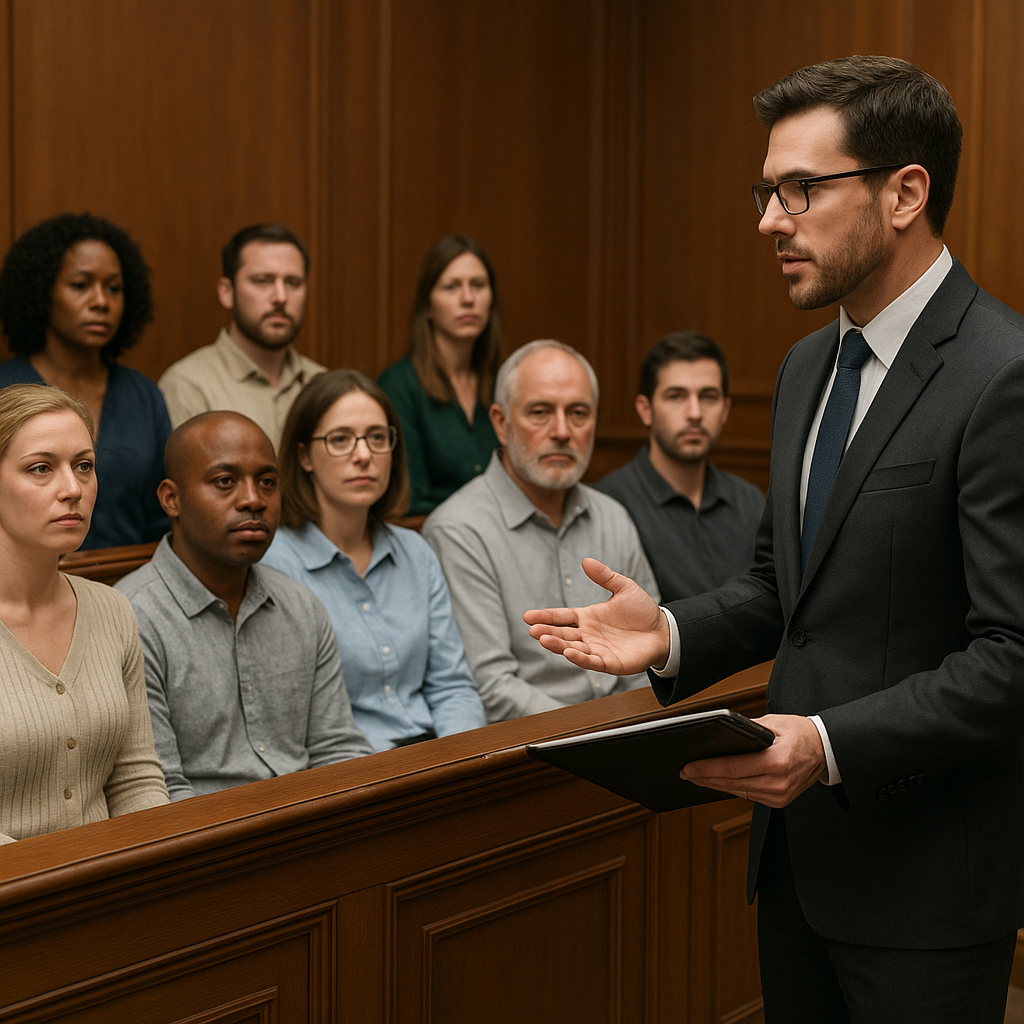Criminal defense attorneys ensure that the government respects constitutional boundaries when gathering evidence against their clients. By skillfully invoking the Fourth Amendment and raising motions to suppress, these legal professionals safeguard the due process rights of individuals facing criminal charges. This article explores how criminal lawyers challenge illegal searches and seizures, outlines key strategies, and examines real-world scenarios and procedural nuances that shape effective defense advocacy.
Understanding Constitutional Protections Against Unlawful Searches
The Fourth Amendment prohibits unreasonable searches and seizures by law enforcement. It requires that searches be conducted pursuant to a valid warrant supported by probable cause. Absent these requirements, evidence obtained may be deemed inadmissible under the exclusionary rule. A defendant must demonstrate a reasonable expectation of privacy in the location or property searched to trigger Fourth Amendment protection.
Legal standing is critical: a defense lawyer must show that their client had the necessary standing to challenge the search. For instance, passengers in a vehicle may lack standing unless they can prove a personal privacy interest in the area searched. Criminal lawyers analyze case law to determine whether circumstances like consent, exigent circumstances, or plain view exceptions might apply.
Key Legal Doctrines
- Consent Searches: Law enforcement may conduct a search if voluntary consent is obtained, but lawyers scrutinize whether consent was truly voluntary and not coerced.
- Exigent Circumstances: Officers may bypass warrant requirements when immediate action is necessary to prevent harm or the destruction of evidence.
- Search Incident to Arrest: A warrantless search may occur when incident to a lawful arrest, but defense counsel examine the timing and scope of such searches for potential abuses.
- Automobile Exception: Vehicles can be searched without a warrant under certain conditions, but attorneys challenge the validity of claimed probable cause.
Strategies for Challenging Illegal Searches
Criminal lawyers deploy targeted tactics to suppress unlawfully obtained evidence. The core mechanism is the motion to suppress, filed before trial to challenge the admissibility of evidence. A successful motion can significantly weaken the prosecution’s case and may lead to case dismissal or favorable plea negotiations.
Developing a Motion to Suppress
- Detailed Factual Investigation: Lawyers interview witnesses, review officer reports, and obtain body camera or dashboard camera footage to identify inconsistencies.
- Affidavit Review: Defense counsel dissect the affidavit supporting the warrant, searching for misstatements, omissions, or insufficient probable cause.
- Legal Research: Attorneys cite precedents such as Mapp v. Ohio and Riley v. California to reinforce arguments against overbroad or outdated search practices.
- Suppression Hearing Preparation: At the hearing, lawyers cross-examine officers, present expert witnesses, and leverage forensic analysis to question evidence integrity.
When motion arguments are successful, the court may exclude the contested evidence under the fruit of the poisonous tree doctrine, which bars derivative evidence resulting from an initial constitutional violation.
Common Scenarios and Influential Case Law
Criminal attorneys encounter recurring fact patterns in search and seizure disputes. Understanding leading cases enables practitioners to anticipate and counter prosecution strategies effectively.
Traffic Stops and Vehicle Searches
During routine traffic stops, officers may conduct pat-downs or vehicle searches. Defense lawyers scrutinize whether officers had reasonable suspicion to initiate the stop and whether any subsequent search exceeded permissible scope. In Arizona v. Gant, the Supreme Court limited searches incident to arrest in vehicles, prompting lawyers to challenge warrantless trunk searches post-arrest.
Home Entries and Knock-and-Announce
The knock-and-announce rule requires officers to identify themselves and wait a reasonable time before entering a residence. In Hudson v. Michigan, the Court considered whether violations of this rule mandate suppression. Criminal lawyers examine entry logs, bodycam footage, and witness statements to contest warrant execution.
Digital Searches and Electronic Evidence
As digital data becomes central to investigations, lawyers challenge overly broad warrants that authorize extensive searches of electronic devices. Drawing on Riley v. California, defense counsel argue for heightened protection of smartphones and laptops, insisting that individualized review procedures be implemented to prevent unwarranted exposure of private communications and files.
Procedural Considerations and Effective Advocacy
Successful challenges to illegal searches depend on meticulous procedural work. Criminal lawyers must adhere to strict deadlines, local court rules, and evidentiary standards when asserting Fourth Amendment claims.
- Timely Filing: Motions to suppress must be filed within the timeframe established by the jurisdiction’s criminal procedure rules.
- Preservation of Issues: Counsel must articulate objections at trial to preserve issues for appellate review if initial motions are denied.
- Standards of Review: Appellate courts give deference to factual findings but review legal conclusions de novo. Lawyers prepare comprehensive records to facilitate effective appeals.
During suppression hearings, attorneys often present expert testimony on forensic methodologies, such as digital forensics or chemical testing, to challenge the reliability of evidence collection. This advocacy underscores a commitment to rigorous defense and protection of fundamental rights.
Collaboration with Experts and Ongoing Case Development
Modern criminal defense demands collaboration with a network of experts, from private investigators to forensic analysts. Attorneys engage experts to reconstruct events, verify chain of custody, and expose procedural errors in evidence handling.
- Forensic Analysts: Evaluate the integrity of seized evidence, including DNA, fingerprints, and digital data.
- Investigators: Interview neighbors, review surveillance footage, and locate alibi witnesses to challenge police narratives.
- Technical Specialists: Examine warrant applications for facial recognition errors or GPS tracking overreach.
By teaming with experts, criminal lawyers not only bolster suppression motions but also identify weaknesses in the prosecution’s case for trial or plea bargaining. This holistic approach fortifies the defense and promotes adherence to constitutional safeguards throughout the criminal justice process.




